I am reading a new book called Unapologetically Ambitious, by Shellye Archambeau, which describes her life story and career arc as one of the few black female CEO’s in the tech industry. She offers great life and career advice from experience and I highly recommend the book! (Full disclosure: she also happens to be the mother of my best friend.) I expected, and received, lots of great advice about strategic planning and integrating life and work. I did not expect, but found, a strong connection between Shellye’s advice and the work we do at Beyond Akeela. For instance, Shellye focuses on the relationship between connectedness and college success, which we know is especially important for teens with Asperger’s and NVLD.
Keys to College Success
Each fall season we speak with many families about their teens and their post-secondary options. There are A LOT of options out there and it can feel overwhelming to parse through it all. As families start this process, we offer families a few pieces of guidance:
Connectedness
As Shellye writes (and what we feel is MOST important for teens with Asperger’s), social connection breeds better outcomes. A common denominator in success stories we hear is the social connectedness teens feel to their community. In these stories, the students related to the people around them through shared experiences. They connect through club offerings, specific degree programs, or finding a neurodiverse population at the school. Teens achieve more success when they are immersed in a community of peers who share similar life experiences with them.
Self-Advocacy
The biggest difference between high school and college is how students access support. In high school, students have structured support in place through an IEP or 504, or family members. The help is often put directly in front of them. In a traditional college environment help is available, but students must seek it out. We encourage families to consider their teens motivation and ability to independently access help so they can choose a post-secondary program that provides their teen with an appropriate level of support.
Don’t Rush the Transition
Transitioning to college is hard— for anyone. In the first week alone, each student must learn a new schedule, meet hundreds of people, and navigate an unfamiliar (and more challenging) academic environment. For the most part, students are asked to do this independently and there are not many check-in points as they go along. This is a BIG ASK. Therefore, we often encourage families to consider gap year programs, college transition programs, or communities that offer auxiliary support. These options all help ease their student’s transition and ultimately make the college experience more successful.
As your family begins to search for an appropriate post-high school program, we encourage you to look through this list of college and transition programs Beyond Akeela campers have found success in through the years.
Warmly,
Kevin
Do you have a teen with NVLD or Asperger’s who is looking to transition into a post-secondary program or college? We’d love to chat and see how we can help!



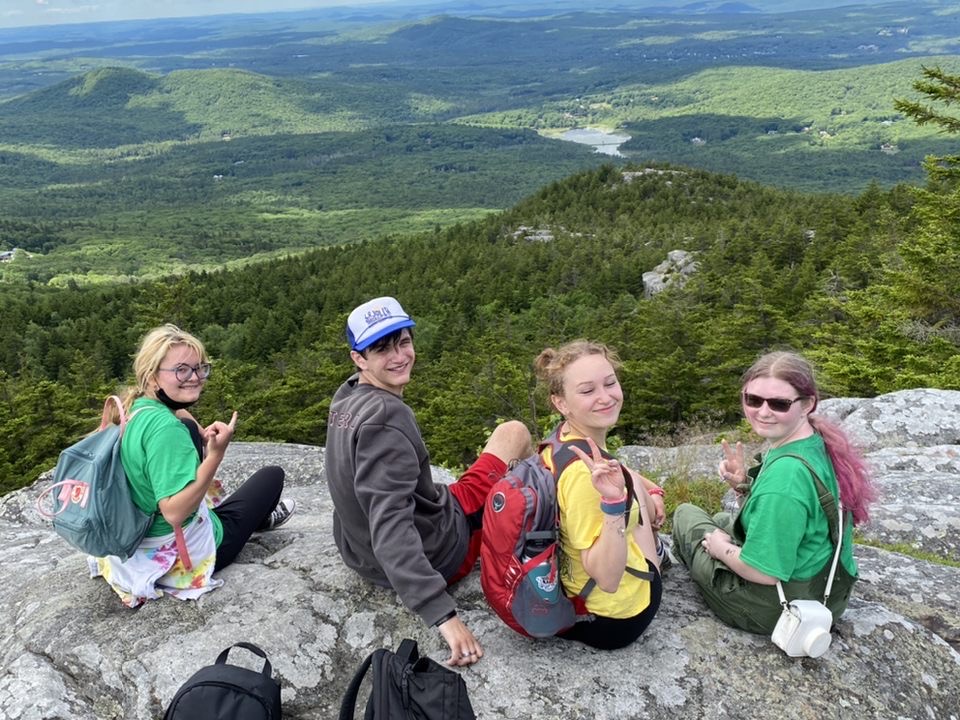
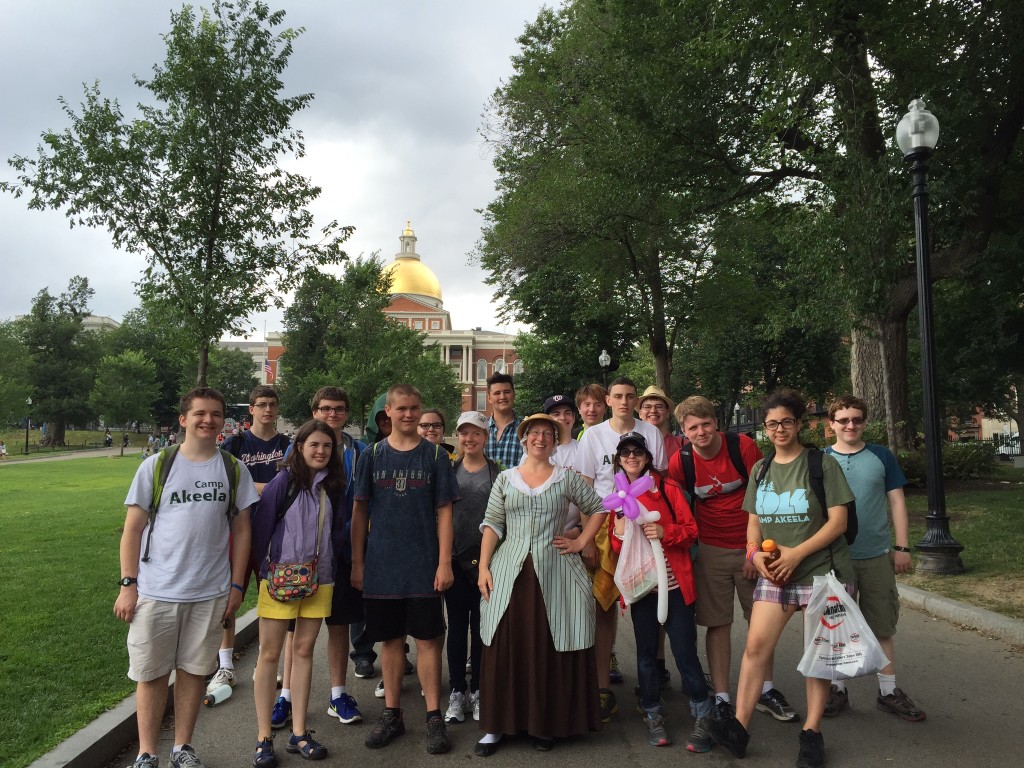
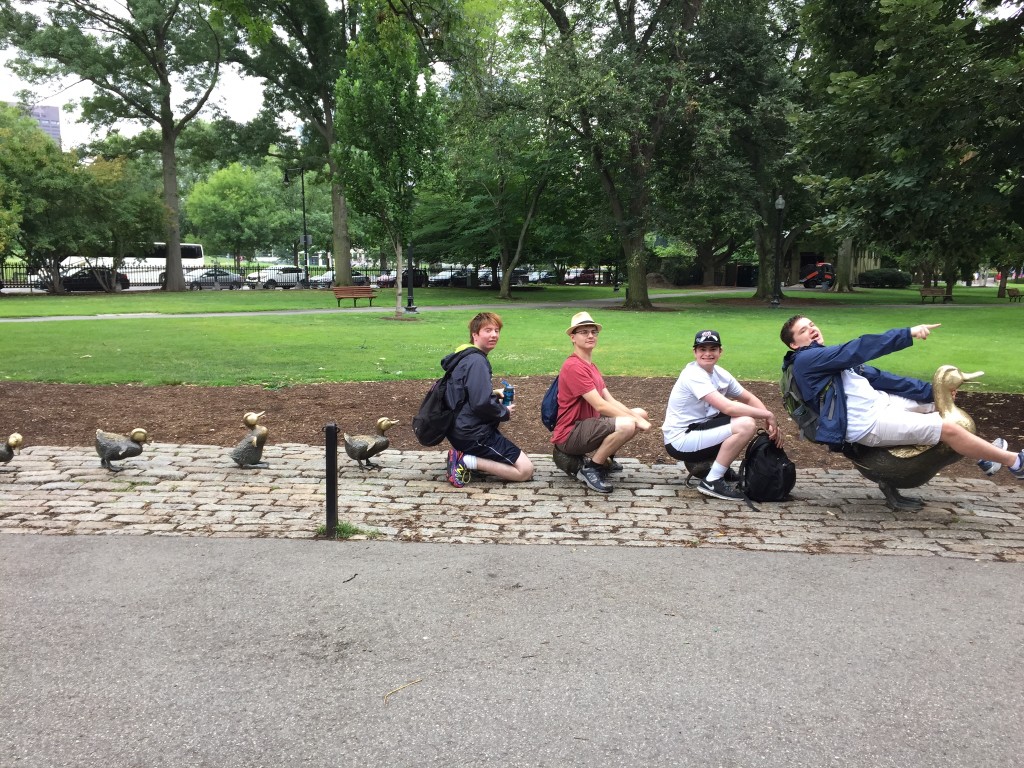
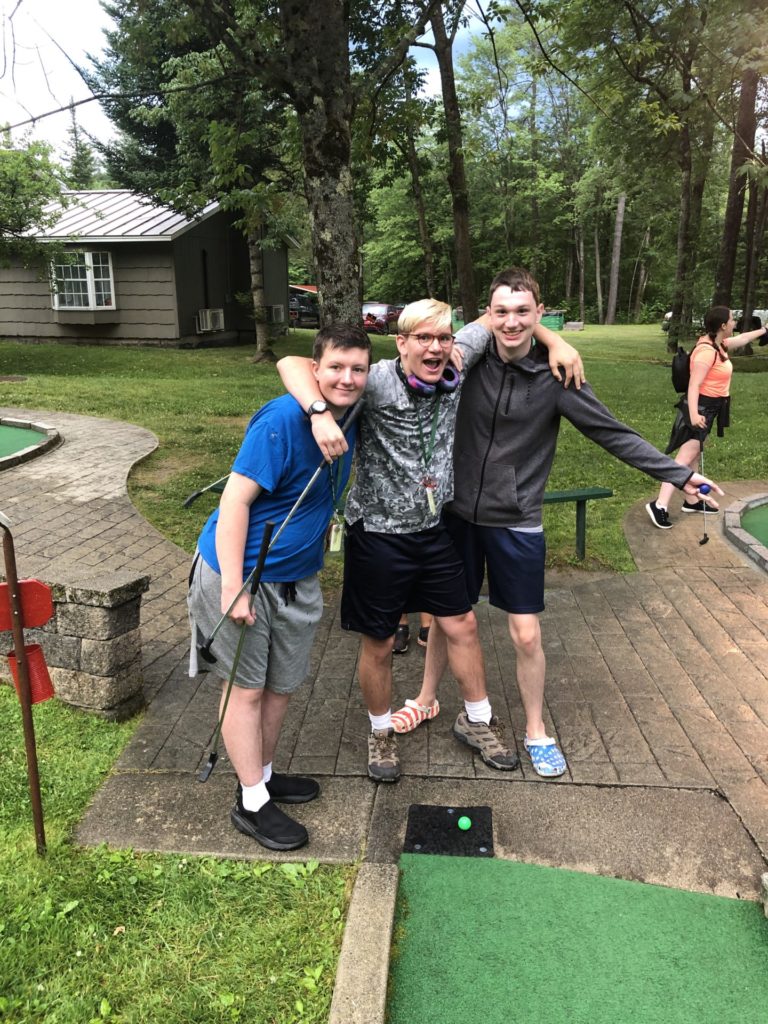
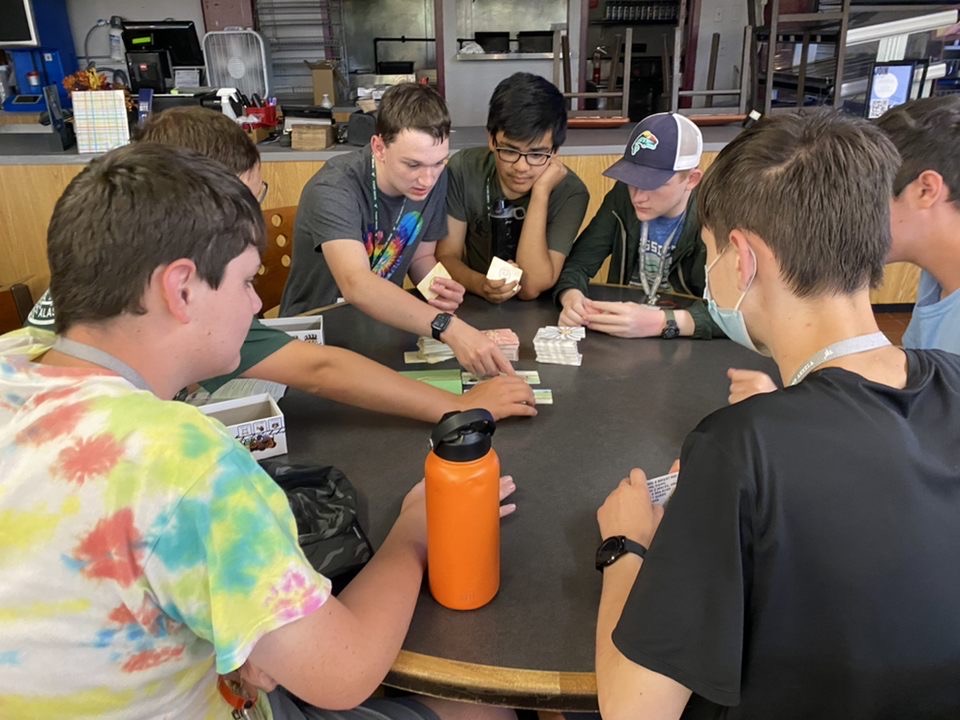
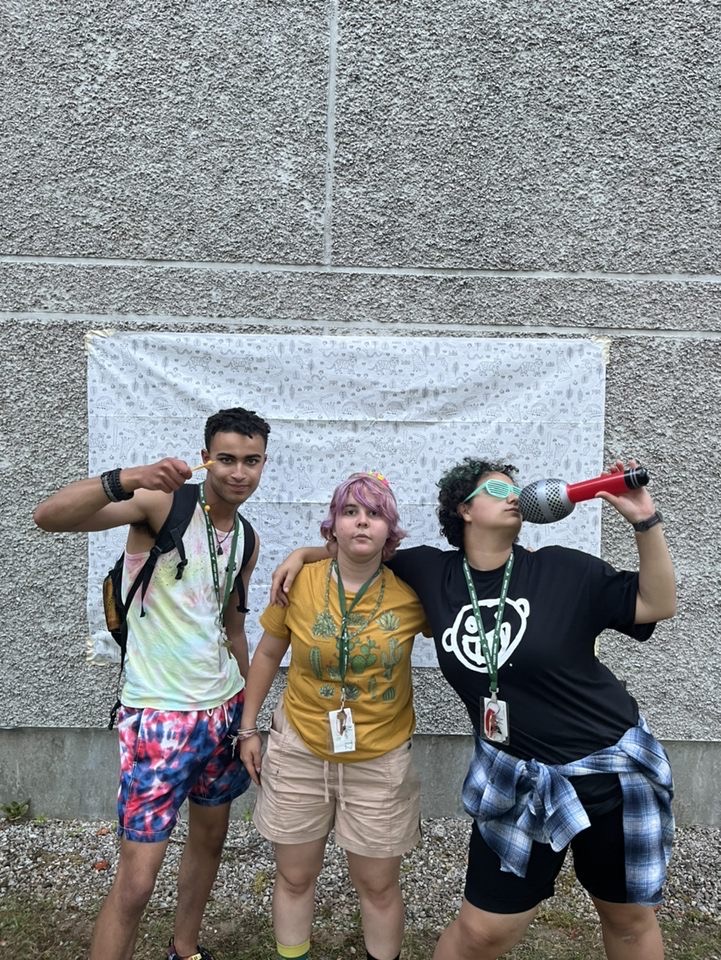
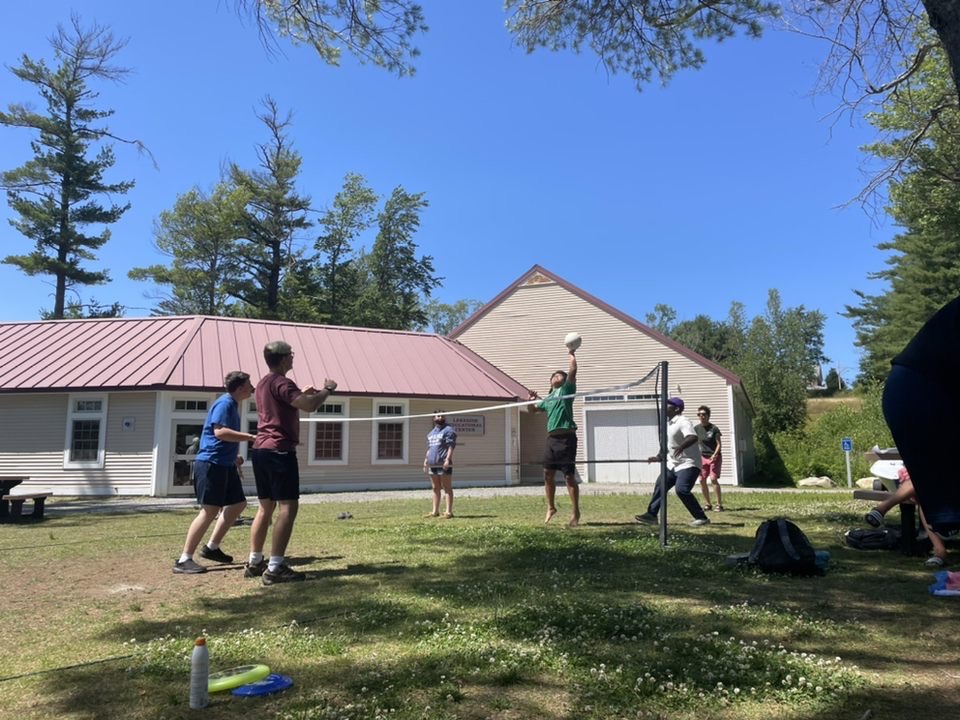
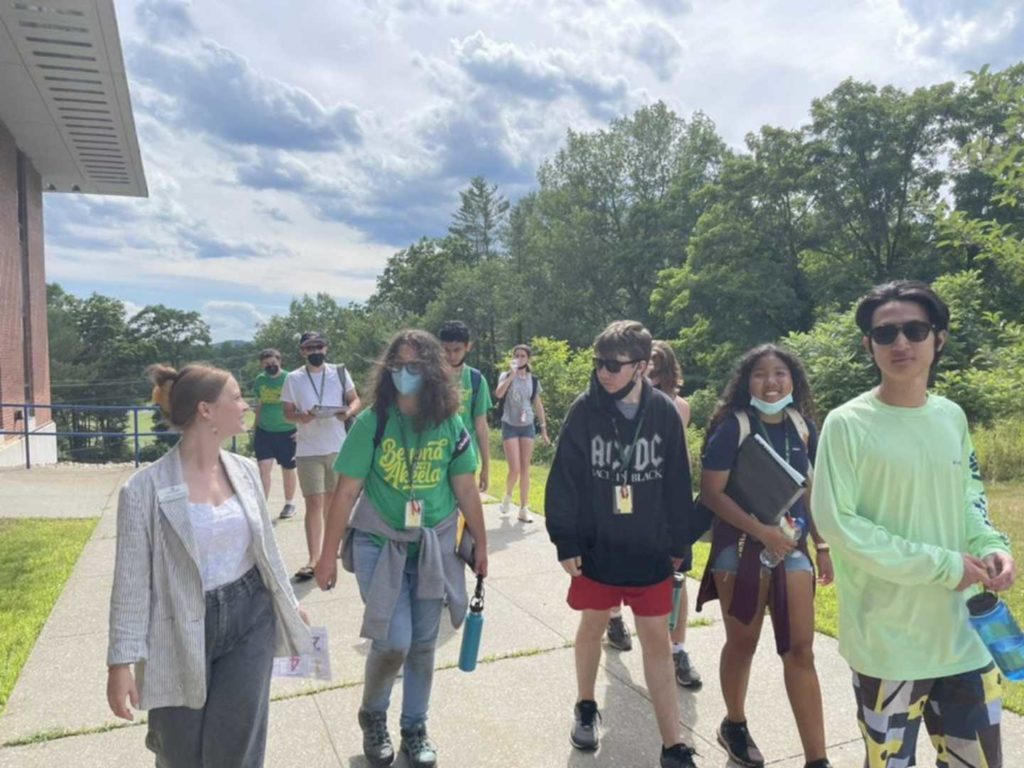
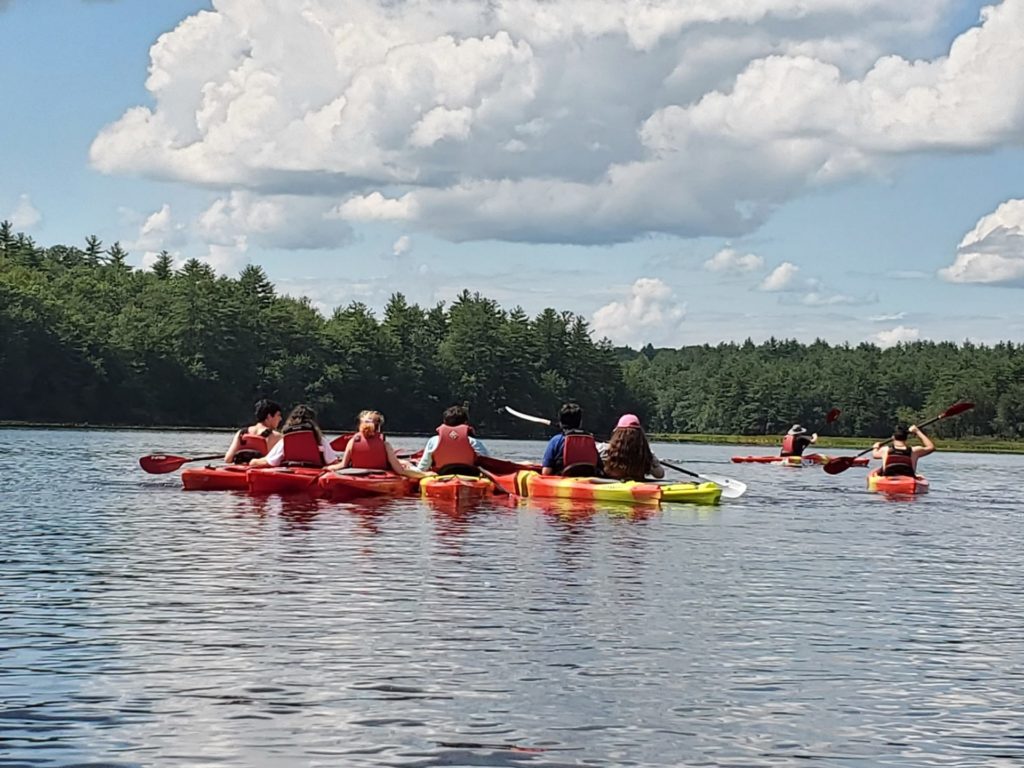
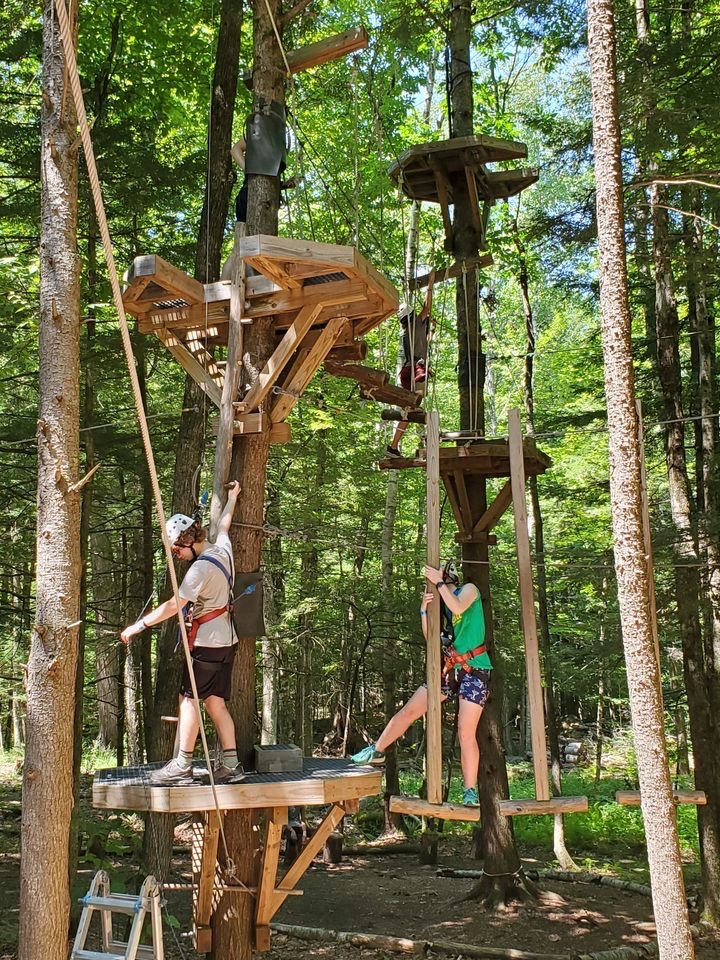
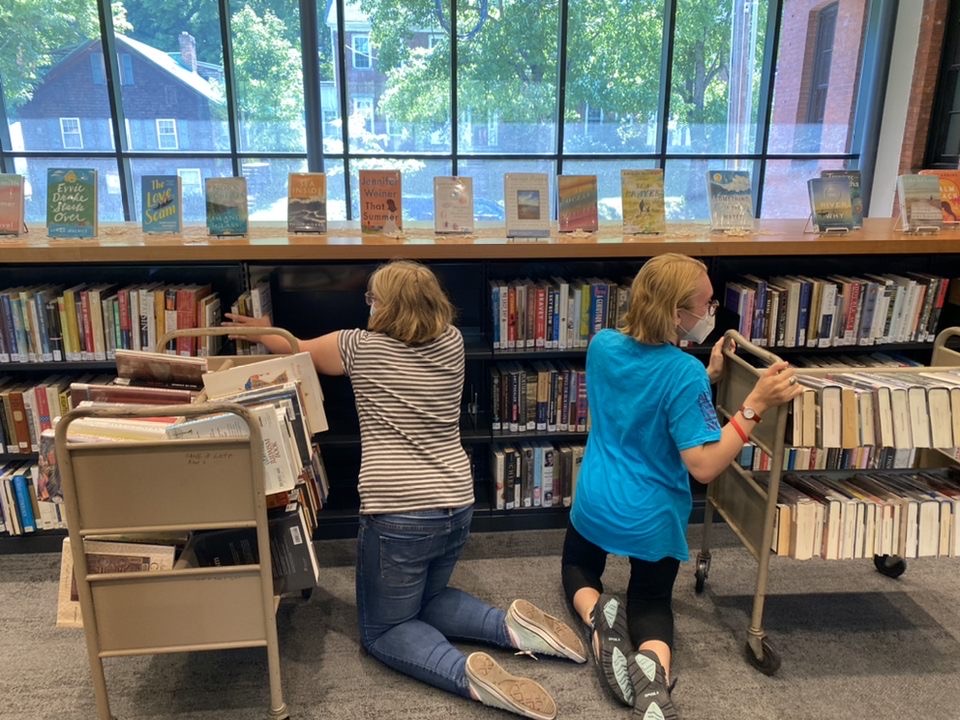
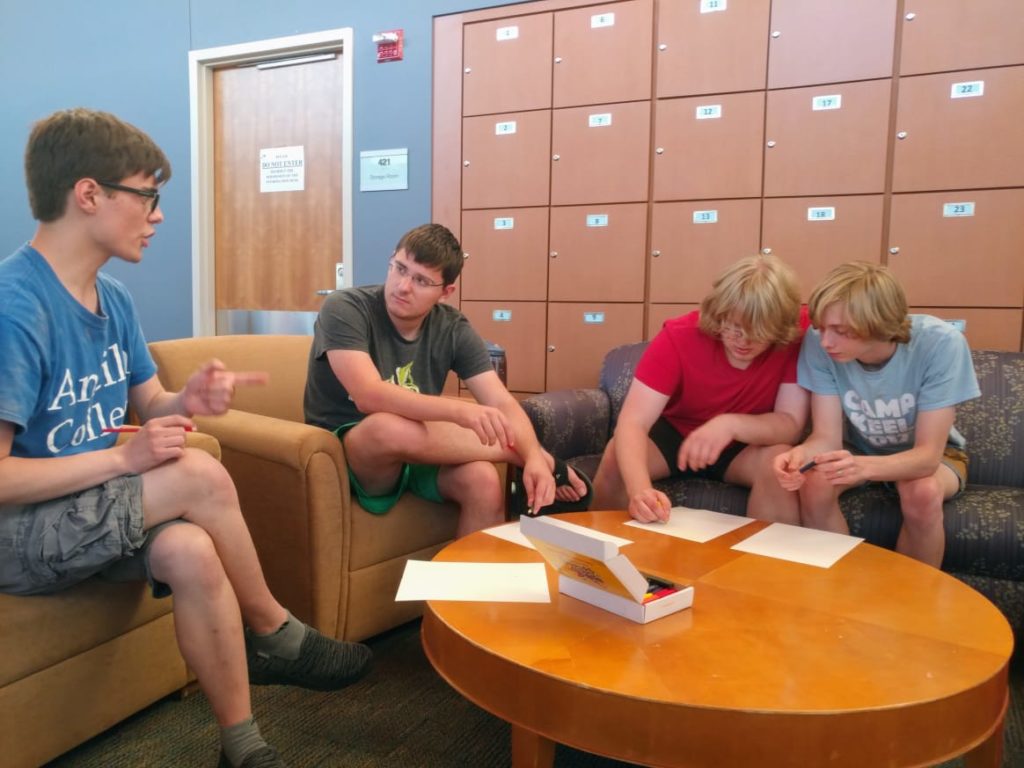
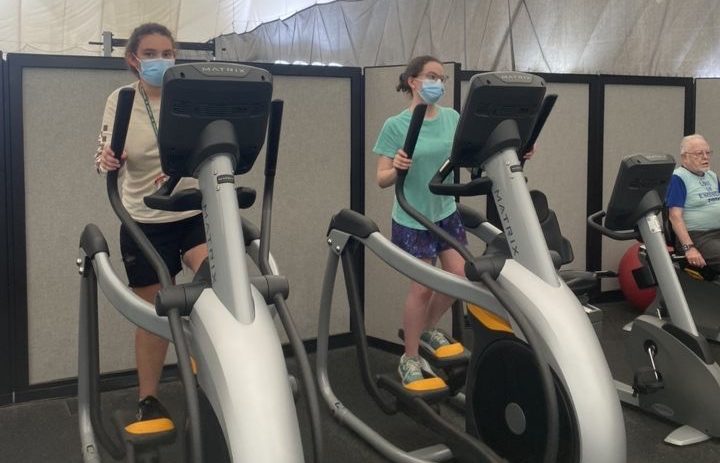
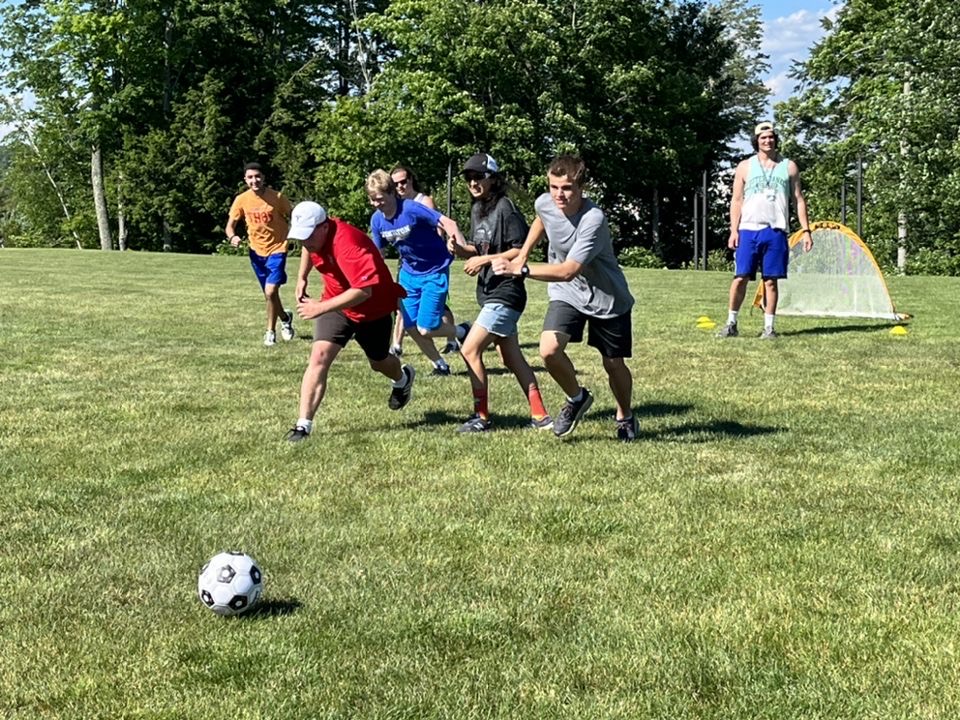
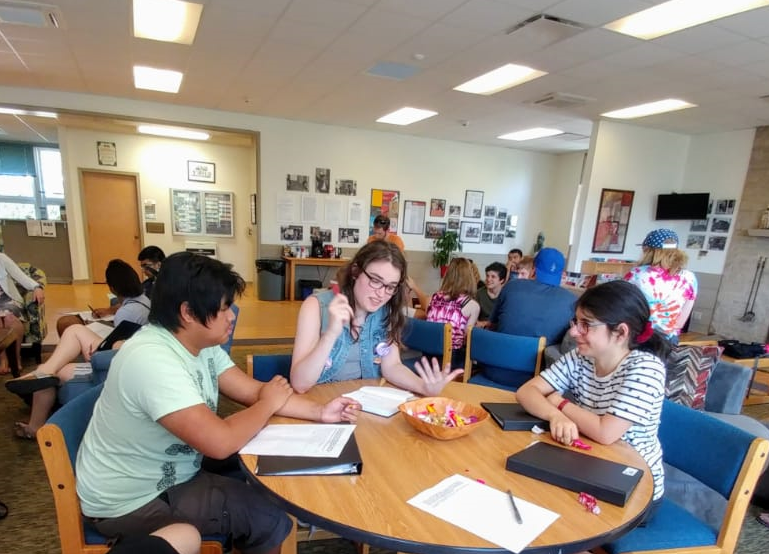
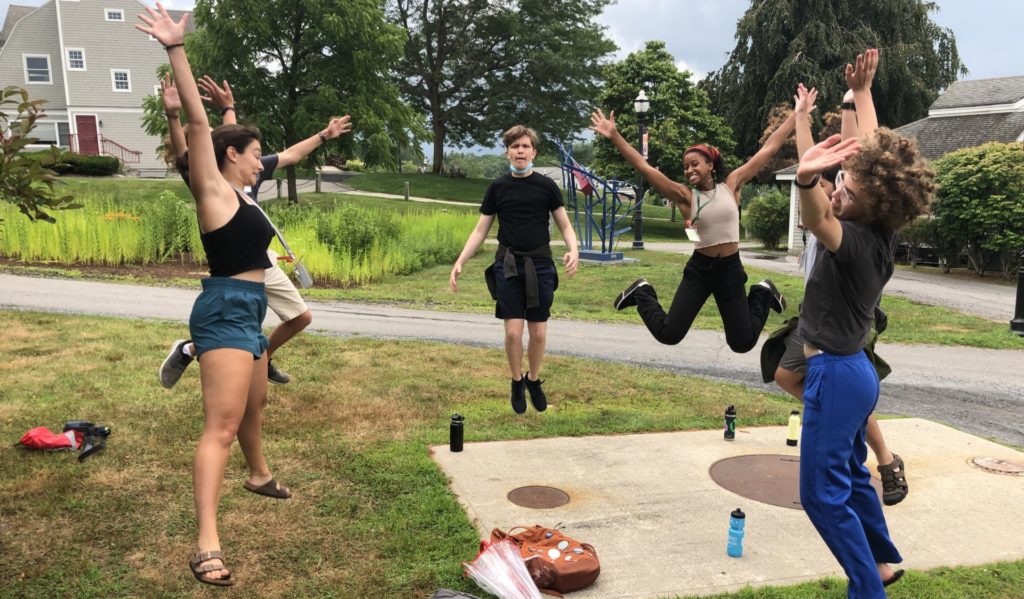
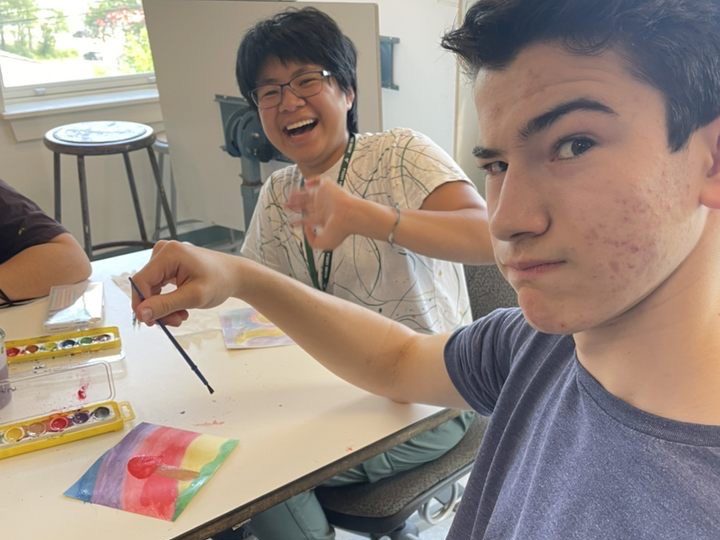
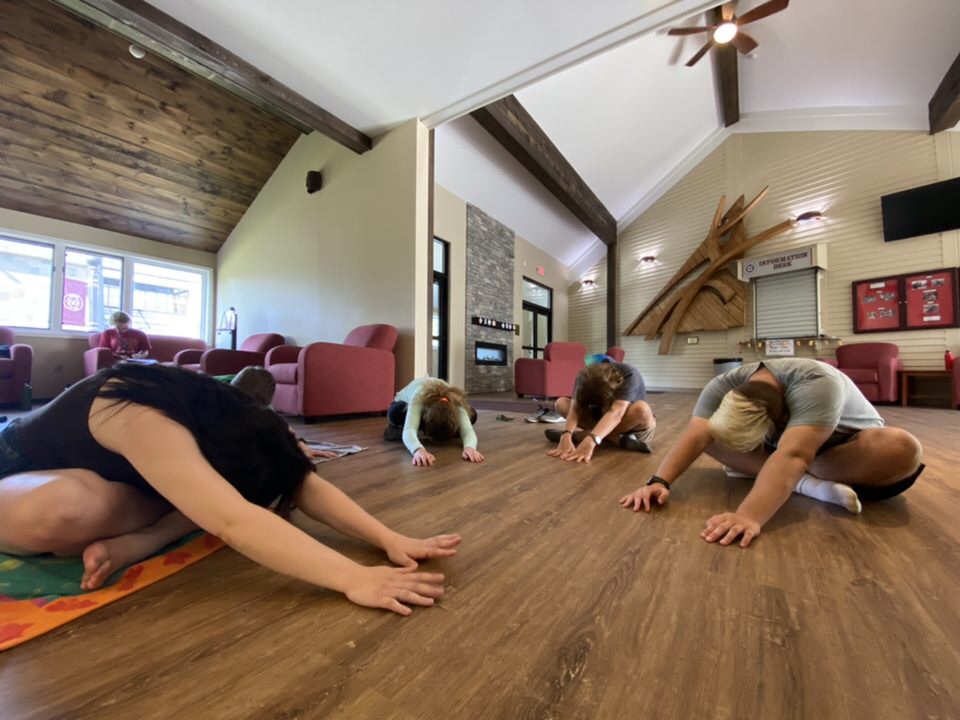
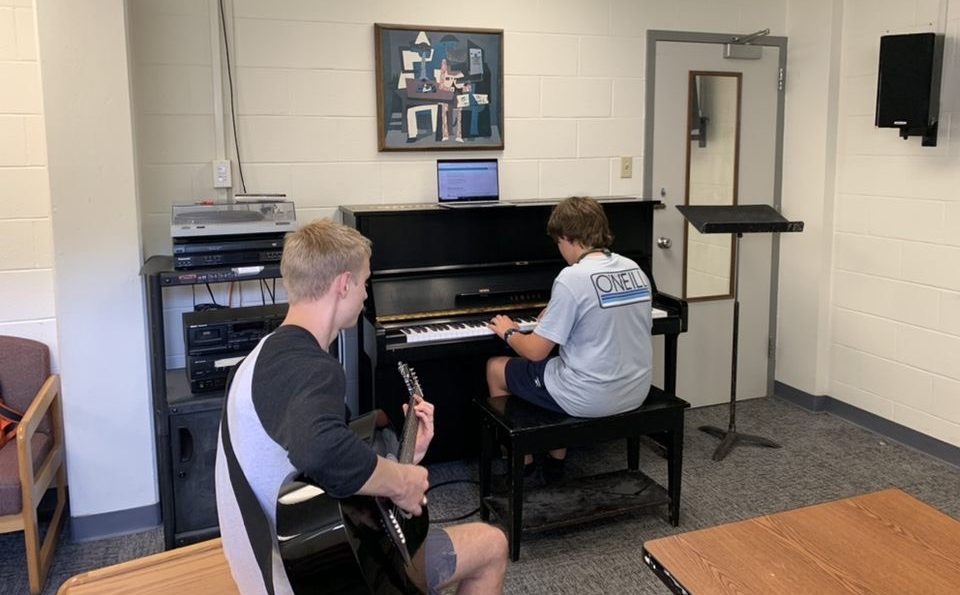
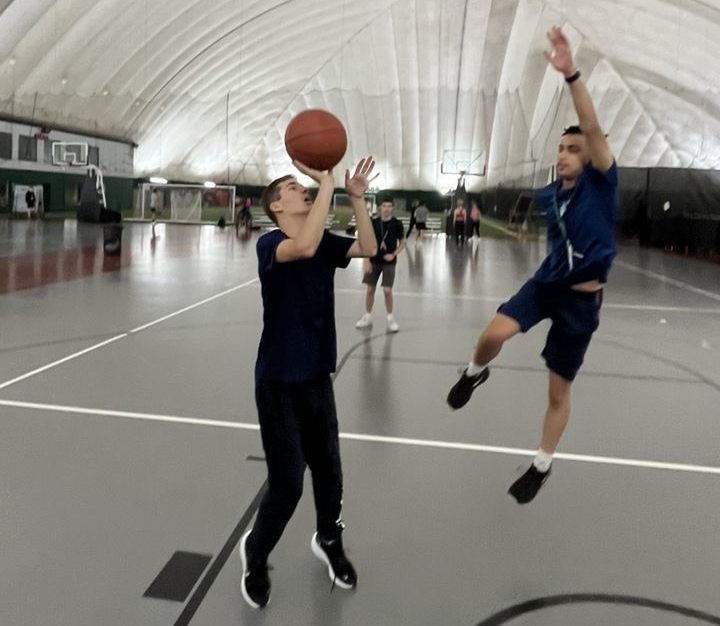
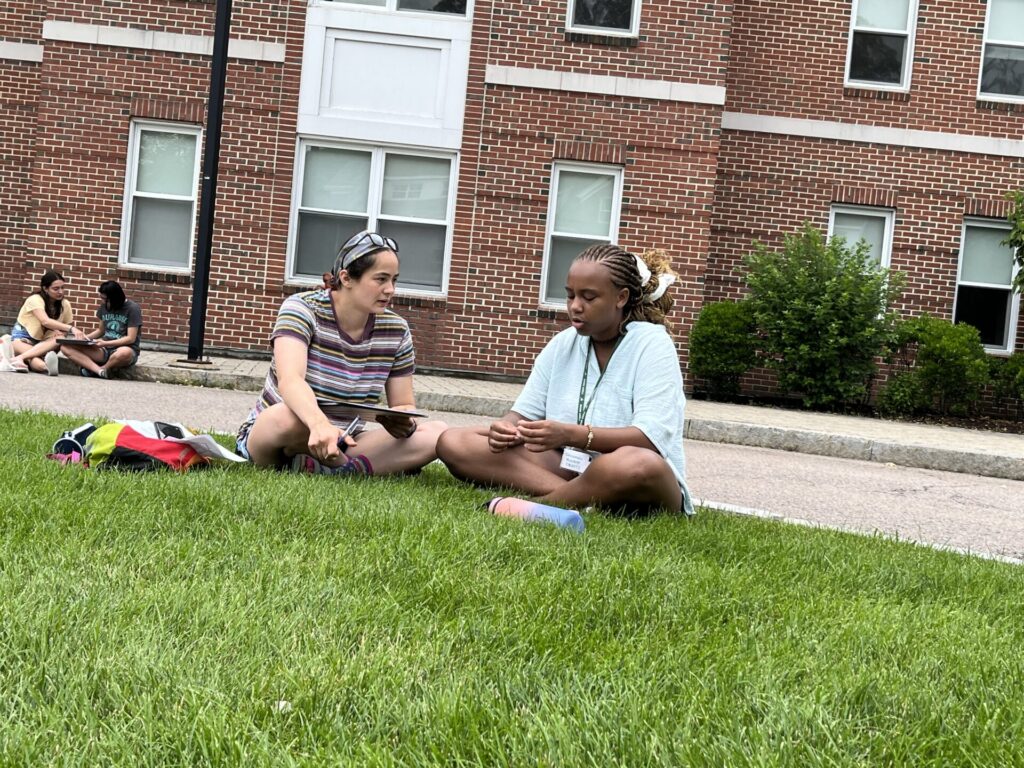
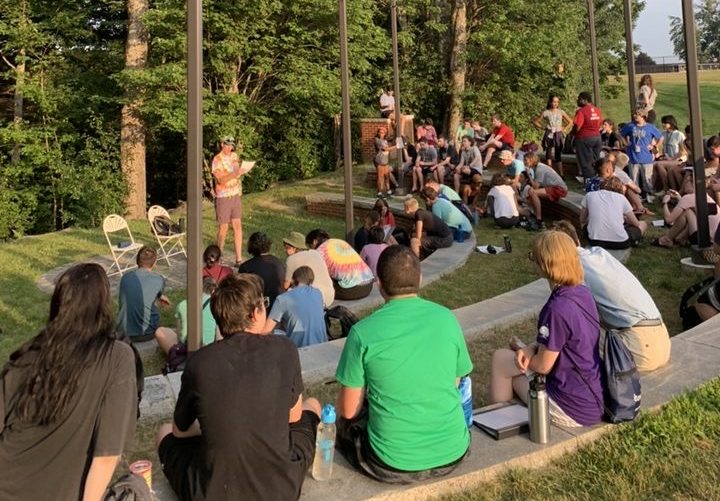
[…] of clubs are there? How do students gather at the school? We wrote about the correlation between connectedness and college success in our previous blog if you’d like more information on the importance of finding the right […]
[…] to transition into a new social world! Our social needs vary. Think about what you need to feel socially comfortable and connected, and how you can find that on the campus you’ll be on this […]